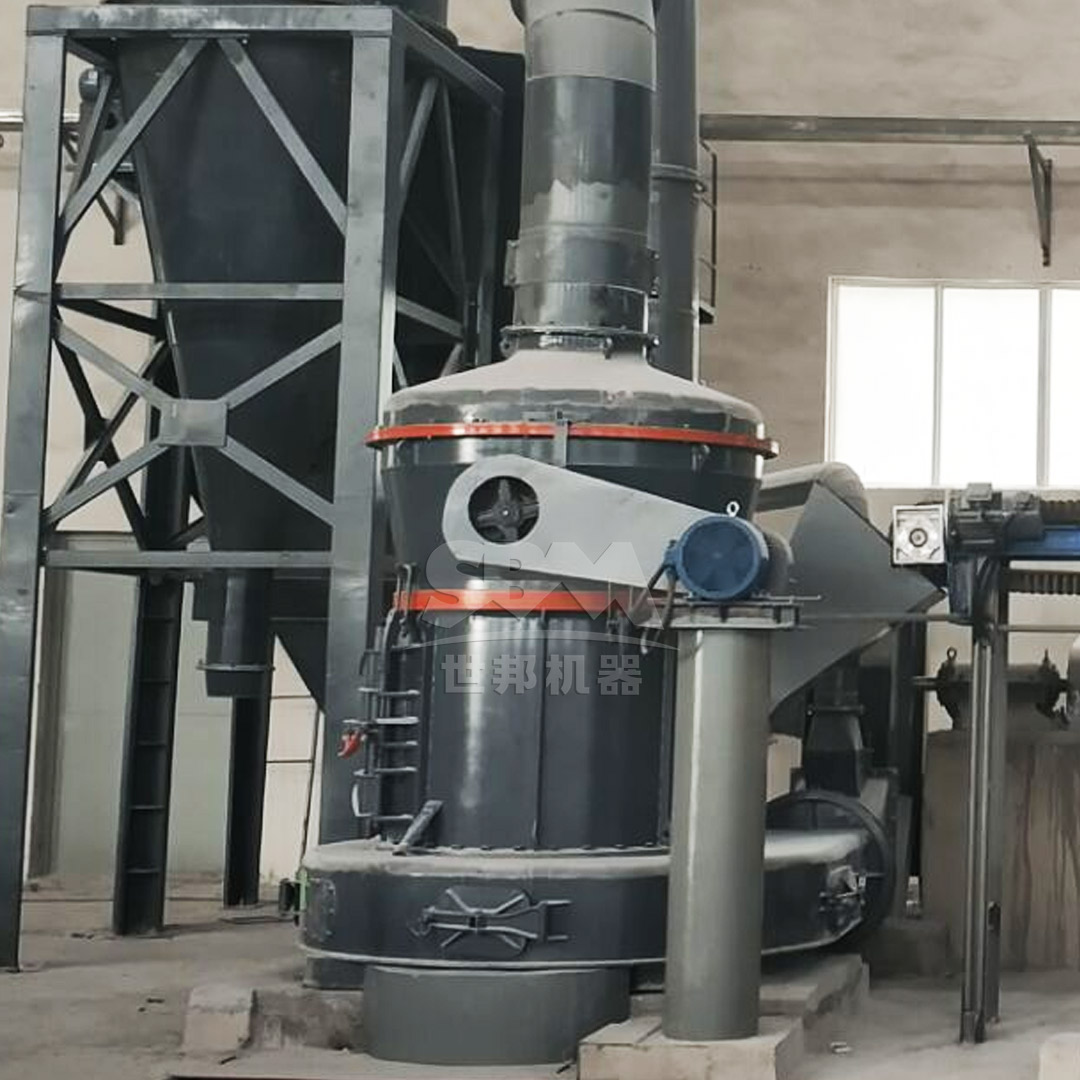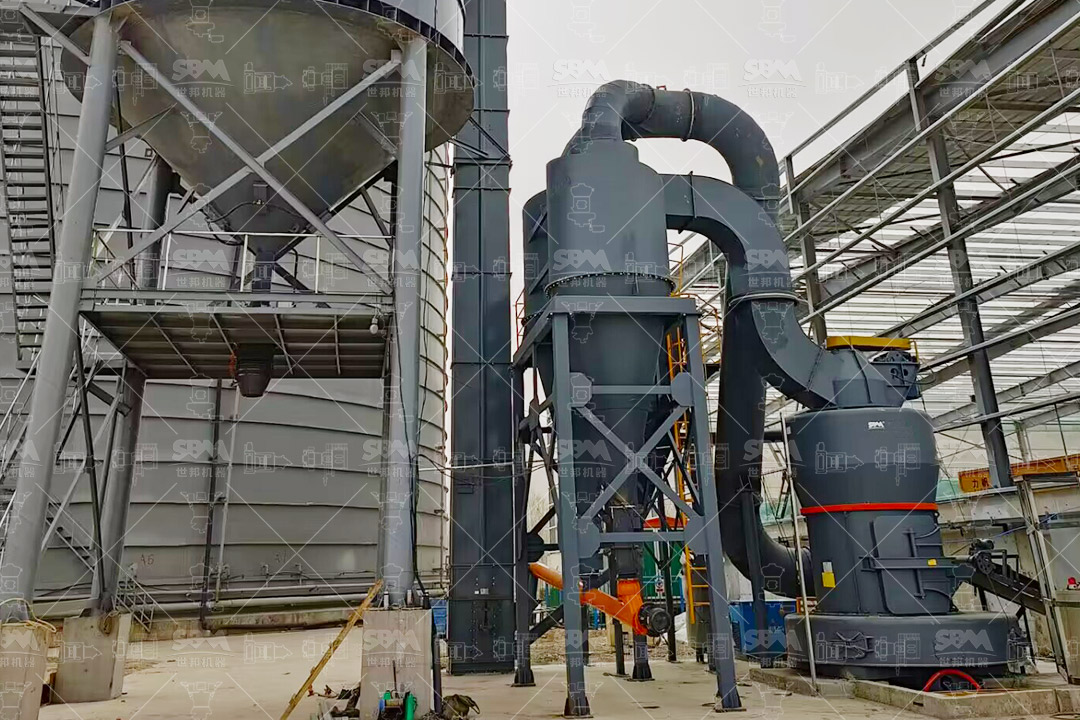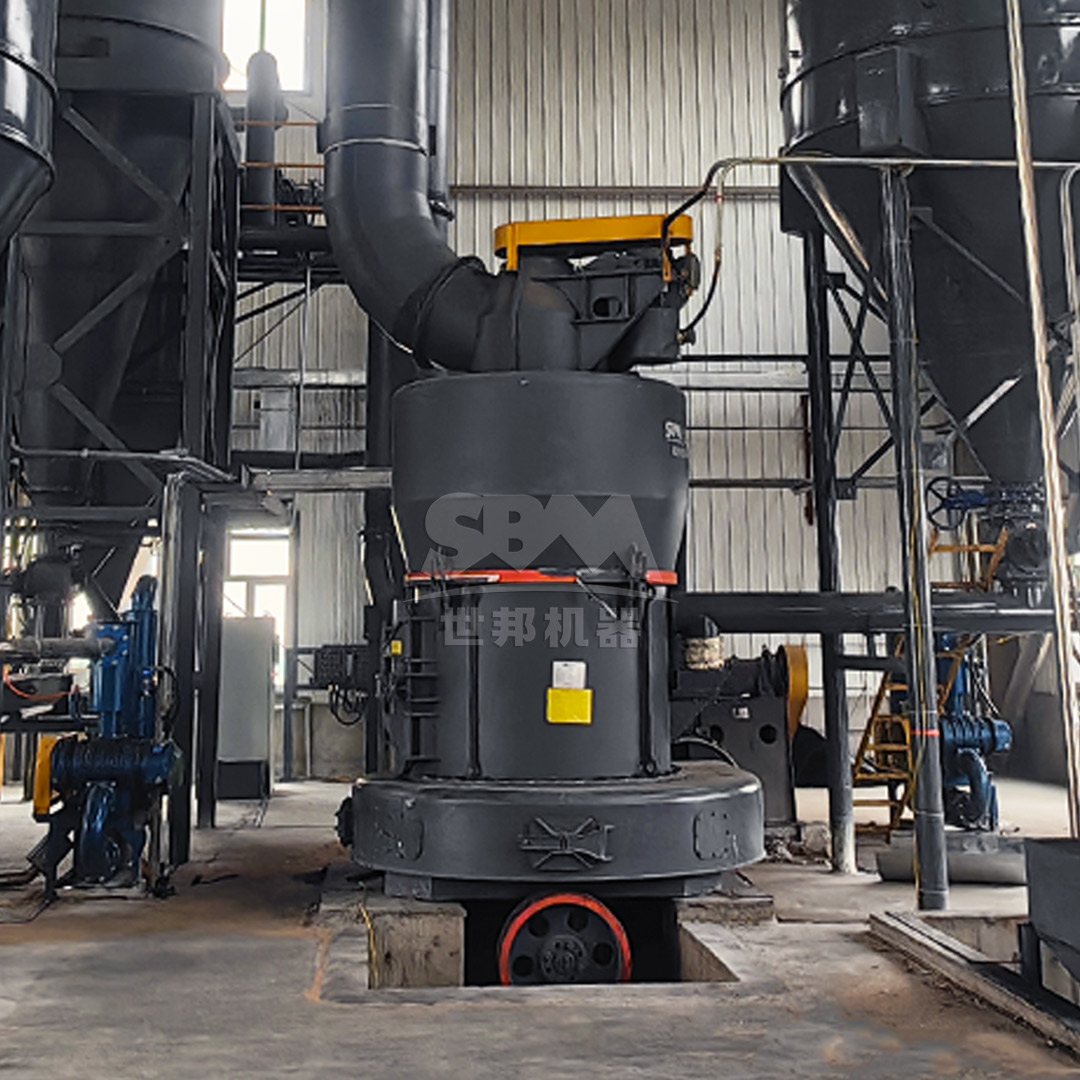The agricultural and forestry sectors are increasingly turning to advanced material processing technologies to enhance productivity, improve product quality, and promote sustainable practices. Among these technologies, talc grinding equipment plays a pivotal role. Talc, a soft mineral composed of hydrated magnesium silicate, is widely used as a carrier for pesticides, a soil conditioner, and a filler in various agro-forestry products. The efficiency of its application heavily depends on the fineness and uniformity of the grind. This article explores the top five benefits of utilizing state-of-the-art talc grinding equipment in these industries and highlights some of our flagship products designed to meet these specific needs.

In agriculture, talc is often used as a carrier for pesticides and herbicides. The effectiveness of these chemicals is significantly influenced by the particle size of the talc carrier. Finer, more uniform particles ensure even distribution and adhesion of the active ingredients onto plant surfaces, leading to more consistent and effective pest control. Similarly, in forestry, talc-based products used in seed coatings or soil treatments benefit from a controlled, fine grind for optimal release and performance.
Our SCM Series Ultrafine Mill is specifically engineered to address this need for precision. Capable of producing talc powder with a fineness range of 325-2500 mesh (D97 ≤5μm), it ensures an exceptionally uniform product. Its vertical turbine classification system guarantees precise particle size cut-off, eliminating coarse powder contamination. This high level of consistency directly translates to improved efficacy of the final agricultural or forestry product, maximizing the return on investment for chemical inputs.
| Model | Processing Capacity (ton/h) | Main Motor Power (kW) | Output Fineness (mesh) |
|---|---|---|---|
| SCM800 | 0.5-4.5 | 75 | 325-2500 |
| SCM1000 | 1.0-8.5 | 132 | 325-2500 |
| SCM1680 | 5.0-25 | 315 | 325-2500 |
Modern farming and forestry operations are under constant pressure to reduce costs and minimize their environmental footprint. Traditional grinding mills can be energy-intensive, contributing significantly to operational expenses. Advanced talc grinding equipment incorporates innovative designs that drastically reduce power consumption while increasing output.
For instance, our MTW Series Trapezium Mill is a prime example of energy-efficient technology. Its curved air duct design minimizes energy loss during airflow transmission, and the integral conical gear transmission achieves an impressive 98% transmission efficiency. Compared to older mill technologies, this can lead to substantial savings in electricity costs over time. Furthermore, the reduced energy consumption aligns with the growing demand for sustainable and eco-friendly practices within the agro-forestry sector.

Downtime for maintenance and part replacement is a major concern in continuous processing environments. Equipment used in grinding abrasive materials like talc must be built to last. Utilizing grinding mills with enhanced durability features minimizes unplanned stoppages, ensures consistent production flow, and reduces long-term maintenance costs.
Our grinding equipment is designed with durability as a core principle. The SCM Ultrafine Mill features special material rollers and grinding rings that extend service life multiple times over conventional parts. The MTW Series Mill employs anti-abrasion shovel blades and a wear-resistant volute structure, which collectively can reduce maintenance costs by up to 30%. This robust construction is ideal for the demanding 24/7 operational cycles often required in large-scale agricultural and forestry product manufacturing.
Handling fine powders like talc necessitates stringent dust control measures to protect worker health, prevent product loss, and meet environmental regulations. Modern grinding equipment is designed as closed-loop systems with integrated, high-efficiency dust collection technology.
Both our SCM and MTW series mills are equipped with advanced pulse dust removal systems that exceed international emission standards. The SCM mill, for example, operates under negative pressure, ensuring no dust leakage during operation. This creates a cleaner, safer working environment and helps facilities easily comply with strict air quality regulations. The low-noise design (≤75dB for SCM) also contributes to a better workplace, reducing noise pollution.
The agricultural and forestry sectors use talc in various forms and fineness levels. A versatile grinding system that can handle different input sizes and produce a wide range of output specifications is highly valuable. It allows a single processing line to cater to multiple product requirements, enhancing operational flexibility.
Our product range offers this crucial adaptability. The MTW Series Trapezium Mill can process feed material up to 50mm in size and produce powder from 30 to 325 mesh. For applications requiring ultra-fine talc, the SCM Series is unmatched, achieving fineness up to 2500 mesh. This versatility means that whether the need is for a coarse talc for bulk soil amendment or an ultra-fine powder for a specialized pesticide formulation, we have a machine capable of delivering the exact product specifications required.

Investing in advanced talc grinding technology is a strategic decision for any forward-thinking agricultural or forestry operation. The benefits are clear: enhanced product performance through superior particle control, significant reductions in energy and operating costs, increased equipment durability and reliability, ensured environmental compliance, and the flexibility to meet diverse market demands. By choosing reliable and efficient grinding solutions like our SCM Series Ultrafine Mill or MTW Series Trapezium Mill, businesses can optimize their processes, improve their end products, and strengthen their competitive edge in a challenging market.